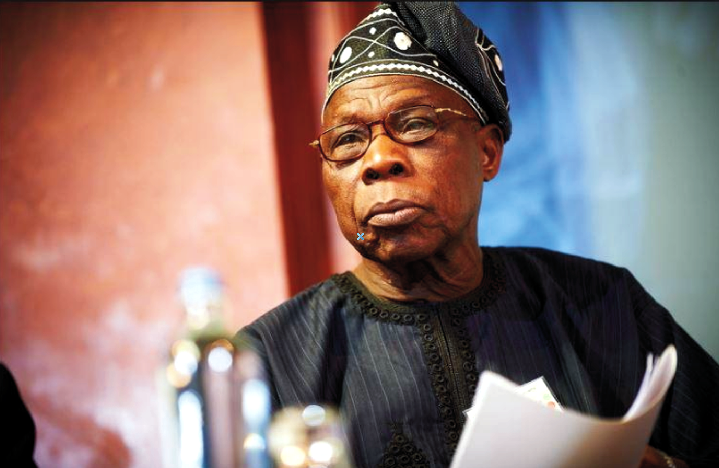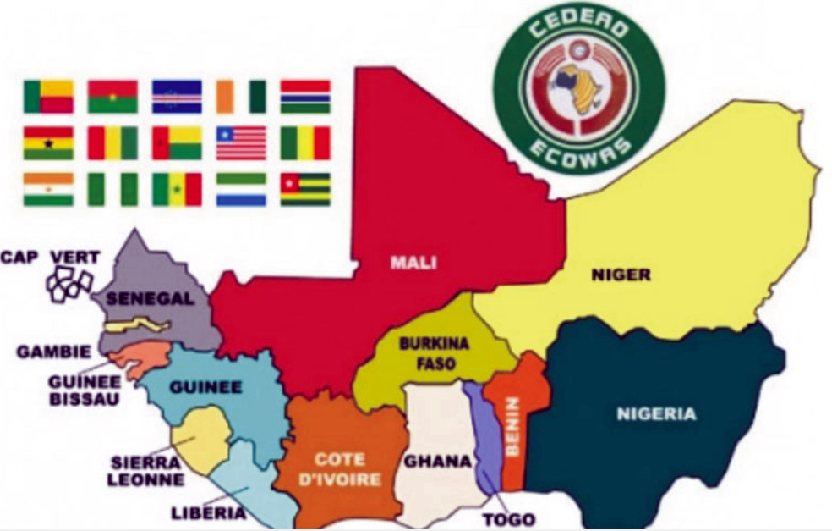No matter where you look in West Africa, drug laws are failing. Despite tough sentencing guidelines and zero-tolerance policies, drug use is increasing while drug traffickers operate with impunity. As the late Kofi Annan once wrote, “Drugs have destroyed many lives, but wrong government policies have destroyed many more.”

One of the problems with West Africa’s approach to narcotics is how the laws are applied. In my country, Nigeria, possession of any illegal drug is technically punishable by jail time – up to 25 years in some cases. But in practice, those who can afford to pay a fine or hire a lawyer are often able to avoid punishment altogether. For the most part, jail is only for poor small-time dealers, couriers, and individual users; the kingpins typically escape justice.
But the bigger challenge confronting the region is that many governments treat drug addiction as a moral failure rather than an illness. This has created an environment of fear in which governments are unwilling to import and doctors do not prescribe legitimate medications, owing to the widespread concern that some could be diverted and they could be perceived and prosecuted as drug dealers. In 2013, for example, none of the 210,000 people who died of painful AIDS-related complications in Nigeria could access morphine. Even in Ghana, which is moving toward some of the region’s most liberal drug laws, morphine use per capita is just 2% of the global average.
Taken together, it is clear that West Africa’s drug laws are doing more harm than good. We need a new approach, one that decriminalizes drug use and prioritizes treatment. There are a number of steps that can be taken immediately to move West Africa in this direction. At the local level, clinics and outreach teams could provide clean syringes to people who inject drugs to prevent the transmission of blood-borne illnesses. Doctors, meanwhile, could make methadone available for those who want to quit heroin. Other harm-reduction initiatives – like counseling and disease testing – could help reduce the social, economic, and personal consequences of drug abuse.
Government-level reforms will take longer to implement, but some progress is already being made here, too. Earlier September, the West Africa Commission on Drugs (WACD), which I chair, published the Model Drug Law for West Africa, an online tool designed to help regional policy makers rewrite their drug-enforcement playbooks and deliver policies to protect the health and welfare of every citizen.
One of the model law’s top recommendations is removing the threat of incarceration for people who use drugs. This would allow them to access support programs more easily, and even empower doctors and health professionals to prescribe medications for pain without fear of legal action. The model law also offers strategies to help authorities rewrite sentencing guidelines in such a way that judges have more latitude to consider mitigating factors when meting out punishment. Of course, none of these changes can be made in isolation. Because most crime syndicates that are involved in the drug business also engage in other illegal activities – like smuggling goods, weapons, and people – law enforcement officials must focus on fighting organized crime in all its facets, including corruption and money laundering. Drug trafficking is but one source of funding for criminals, and action against all of them needs to be comprehensive.
Some governments are already making improvements to their laws. Nigeria adopted a national policy last year to streamline the production of liquid morphine, which will make it easier for doctors to prescribe the painkiller to terminal patients. In Senegal’s capital, Dakar, those addicted to heroin can now access methadone, a harm-reduction strategy proven to help rebuild drug-shattered lives. And in Ghana, lawmakers are discussing a bill that would end punishment for first-time drug offenders.
Still, much work remains; the WACD’s model drug law is only a starting point. To protect our communities, leaders must muster the political will to defend the security, health, human rights, and wellbeing of all West Africans – including those addicted to drugs. Annan was right: drugs are harmful. Our drug laws need not be.
Olusegun Obasanjo, a former president of Nigeria, is Chair of the West Africa Commission on Drugs and a member of the Global Commission on Drug Policy.
Copyright: Project Syndicate, 2018.

